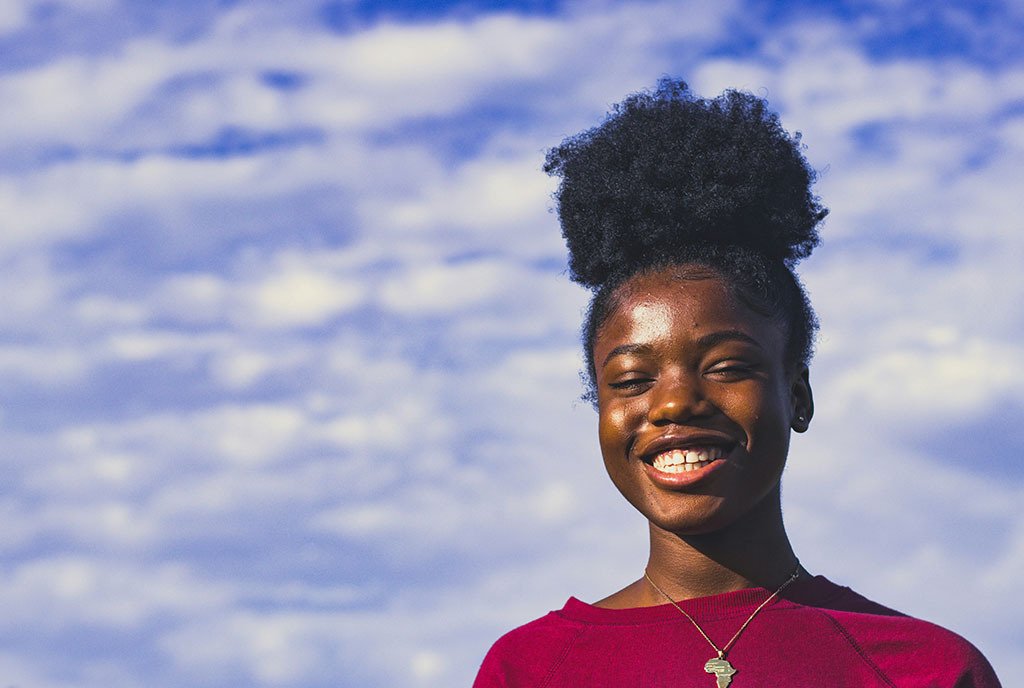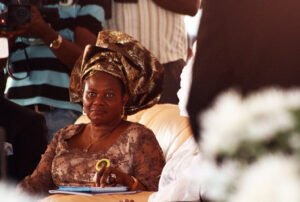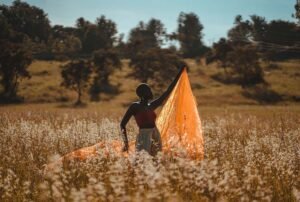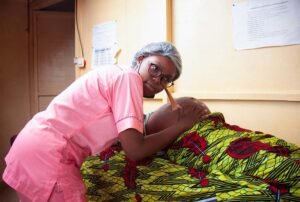
On February 12, the fourth annual Black Girl Freedom Week begins. The week of virtual events hosted by the #1Billion4BlackGirls campaign and the Black Girl Freedom Fund are all part of efforts to address the underinvestment in Black girls and gender-expansive youth by intentionally mobilizing a $1 billion investment in these groups by 2030.
Deliberately scheduled to coincide with both Black History Month and the birthdays of Audre Lorde and Toni Morrison, the week of events is described by organizers as “a celebration of the dreams, power, and leadership of Black girls, femmes, and gender-expansive youth.” Since the annual event began, it has garnered significant interest, with celebrities, activists, and influencers participating in the week and amplifying the efforts around the campaign.
“[This is] an opportunity to locate conversations about Black girls and gender-expansive youth in broader conversations about justice, democracy, and Black liberation.”
This year’s theme is “Exploring a Future of Justice and Democracy.” Among those who will be participating in this year’s events is Donna Edwards, the first Black woman elected to represent Maryland in the US Congress; Jessica Norwood, a financial innovator, artist, and entrepreneur; and Fatima Goss Graves, a cofounder of the #1Billion4BlackGirls campaign and the cofounder and president of the National Women’s Law Center.
With the upcoming election cycle, organizers chose this year’s theme to amplify the role that Black women and gender-expansive youth play in defending, upholding, and advancing democracy.
“What we wanted to do here was provide an opportunity to locate conversations about Black girls and gender-expansive youth in broader conversations about justice, democracy, and Black liberation,” said Monique Couvson, author and social justice scholar, in an interview with NPQ.
Recentering the Conversation
“Black girls and gender-expansive youth are uniquely positioned in society to help us add rigor to…our understanding of what is possible in a democratic community…in a democratic future.”
Couvson received critical acclaim for her 2016 book, Pushout: The Criminalization of Black Girls in Schools, which exposes the policies and practices that push Black girls out of the education system and into the school-to-prison pipeline. As the President and CEO of Grantmakers for Girls of Color, Couvson oversees the Black Girl Freedom Fund—one of the organization’s four signature funds. She is also one of the eight Black women and femme leaders who joined forces to launch the #1Billion4BlackGirls campaign on September 15, 2020.
Couvson noted that throughout the week, there will be a focus on issues impacting Black women and girls directly—like reproductive justice, affirmative action in schools, and civic engagement. Couvson went on to share that a goal of Black Girl Freedom Week is for Black girls and gender-expansive youth to be centered in conversations about what is impacting them through public policy rather than treated as an afterthought.
Sign up for our free newsletters
Subscribe to NPQ's newsletters to have our top stories delivered directly to your inbox.
By signing up, you agree to our privacy policy and terms of use, and to receive messages from NPQ and our partners.
“Black girls and gender-expansive youth are uniquely positioned in society to help us add rigor to our justice analysis or to help us add rigor to our understanding of what is possible in a democratic community…in a democratic future,” Couvson said.
In addition to Couvson and Graves, other founders of the #1BilliionforBlackGirls campaign include LaTosha Brown, the cofounder of Black Voters Matter and Southern Black Girls and Women’s Consortium; Tarana Burke, the founder of the #MeToo movement; Joanne Smith, the founding president and CEO of Girls for Gender Equity; Dr. Salamishah Tillet and Scheherazade Tillet, the cofounders of A Long Walk Home; and Teresa Younger, the present and CEO of the Ms. Foundation for Women.
“We intended to make visible the work that goes underrecognized, undertheorized, and undervalued.”
The work of these leaders is crucial. As Couvson shared, Black women make up 7 percent of the US population. In 2018, they received only about one-half of 1 percent of philanthropic investments, according to the Ms. Foundation for Women. But the campaign has done significant work to alleviate this disparity.
“Since the time that we’ve launched both the Black Girl Freedom Fund and the #1Billion4BlackGirls campaign, we’ve awarded over $9.2 million to 147 organizations across the country. In the first half of 2023 alone, we awarded over $1.3 million,” Couvson said.
Not only does Black Girl Freedom Week give Black girls and gender-expansive youth something to look forward to each year, but it also provides them with a way to continue to hone their leadership skills. Youth between the ages of 14 and 22 are directly involved in making final decisions on grants.
The week of events amplifies the brilliance and engagement of young people. It also provides an opportunity for organizations to learn more about the leaders they seek to support. The work being done to amplify Black women and gender-expansive youth takes place year-round—a week is a mobilization tool and an opportunity for engagement with the broader community around this work.
“What I think has been the most wonderful has been the fact that we intended to make visible the work that goes underrecognized, undertheorized, and undervalued, which is the work led by and for Black girls and gender-expansive youth,” Couvson said. “It has always made this a project that is rooted in our interests in bringing in as many people as possible.”












